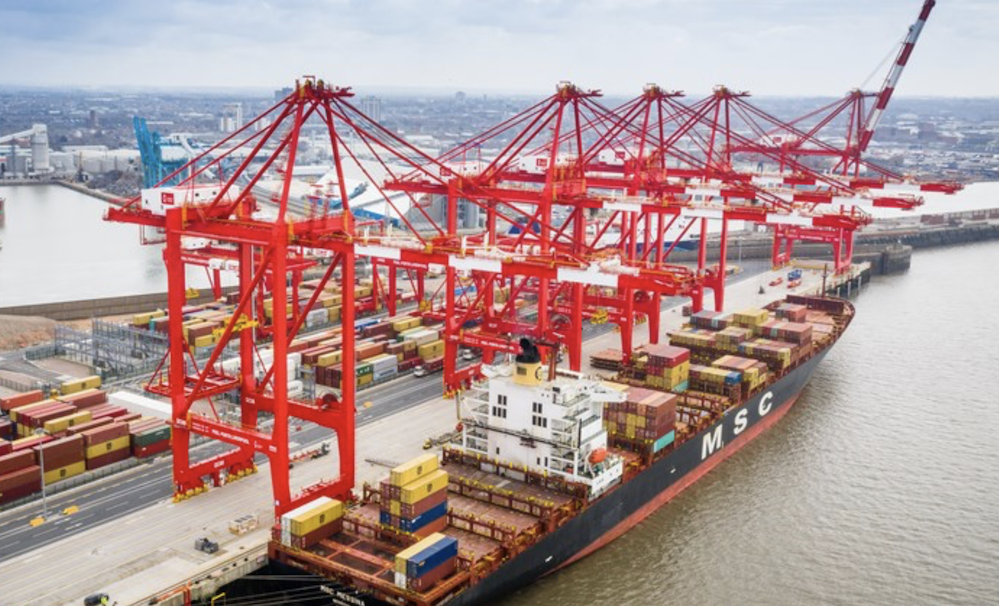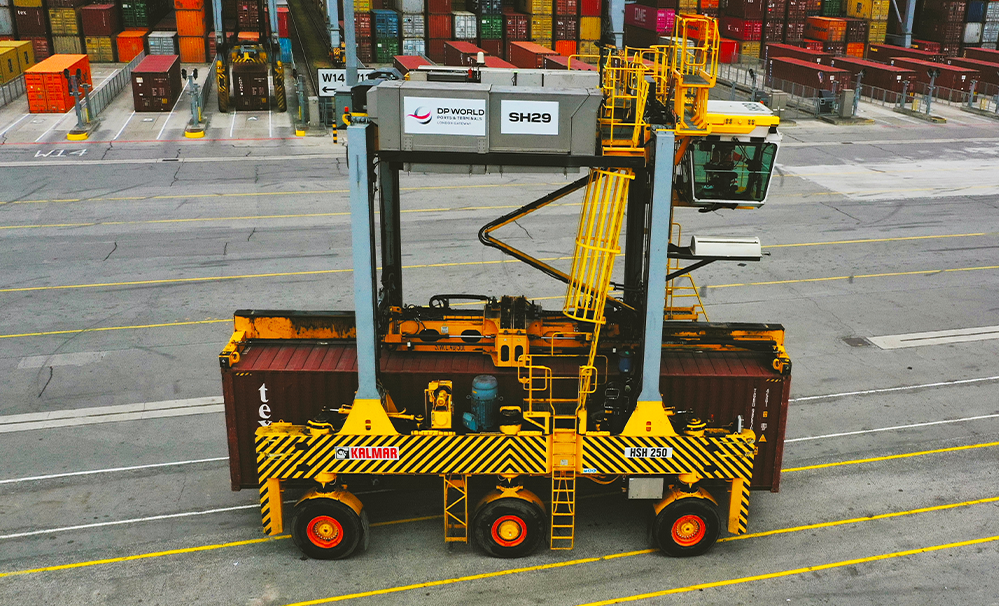England’s leading offshore energy port at Great Yarmouth has been the key centre for offshore gas exploration and extraction in the Southern North sea (SNS) for more 50 years and is central to the expected further 30 years of gas operations and decommissioning activity, as well as offshore wind farm developments and operations & maintenance (O&M).
Great Yarmouth is ideally located to support all aspects of offshore wind development including construction, manufacturing, pre-assembly and O&M with some of the world’s largest wind farm developments close to the East of England coast, including East Anglia ONE, East Anglia TWO, East Anglia ONE North, East Anglia THREE, Norfolk Boreas and Norfolk Vanguard, as well as other UK Round 3 developments – Dogger and Hornsea, and Dutch offshore wind developments.
With its proven expertise, good accessibility and the right location, Great Yarmouth was chosen to host operations and maintenance for the Dudgeon Offshore Wind Farm with a purpose-built base in the river port opened in 2016.
The base also supports the Hywind test development in Scotland, also operated by Equinor, and the world’s first commercial wind farm using floating wind turbines 29 kilometres off Peterhead.
Swedish energy giant Vattenfall has agreed with Peel Ports to reserve space at Great Yarmouth harbour for an operations base for its planned Norfolk Vanguard and Norfolk Boreas projects – with a combined capacity of 3.6GW
The base will be operational for at least 25 years and be home to 150 skilled wind technicians.
Ruari Lean, project manager for Norfolk Vanguard, said the major investment “will send a strong signal to other businesses to consider investing in the county.”
Peel Ports Great Yarmouth is planning expansion that could top £30m. Confidence in the sector is behind its plan to provide 350m of extra berthing space and about 100,000sqm of additional land. Facilities would include office and warehouse space and a new training centre, as well as an O&M base.
The multi-billion-pound decommissioning industry also offers huge opportunities for Peel Ports, Great Yarmouth. With more than five decades experience as a leading centre for installing and servicing Southern North Sea (SNS) gas platforms, Great Yarmouth has a golden opportunity to become a world-class centre of excellent for SNS decommissioning.
It has the skills and experience of working with the offshore structures in an often-hostile environment. In some cases, companies from the region will even be involved in decommissioning the same platforms which they helped install.
Its credentials, and highly competitive mindset, passion for new ideas and cost-efficient ethos, means it could be the centre for all shallow water decommissioning further afield, in the Netherlands, Denmark and beyond.
A purpose-developed decommissioning facility, created by a partnership of Peterson and Veolia in the Great Yarmouth Outer Harbour, is already handling SNS recycling projects, having successfully decommissioned a Leman topside and jacket in 2017. It is poised for the industry’s peaks, predicted for the next two years and the late 2020s.
Decommissioning offers a potential market of £30bn in the next 30 years with more than 470 platforms eventually to be wholly or partially removed from the North Sea.
More than 164,800 tonnes of ageing infrastructure – some 20 years over its original life span – needs to come onshore for recycling and disposal. Just ten percent of the North Sea’s 440 fields and more than 800 production facilities has been removed so far.
The SNS is the perfect trialling ground for North Sea decommissioning because, with smaller gas platforms, the infrastructure is easier to handle and more accessible for companies to collaborate on campaigns.
With investment, and more to come, the importance of Great Yarmouth port to the UK energy sector has been recognised with Enterprise Zone status for prime land in the area.
The East of England Energy Zone (EEEZ), a catalyst for investment, has the expertise and advice to help businesses looking to start up, expand or relocate to the region.
Help and incentives include:
- Access to funding through grants ranging from £1,000 to £500,000
- Business support and advice
- Enterprise Zones – Government-supported areas which enjoy streamlined planning permissions and super-fast broadband







